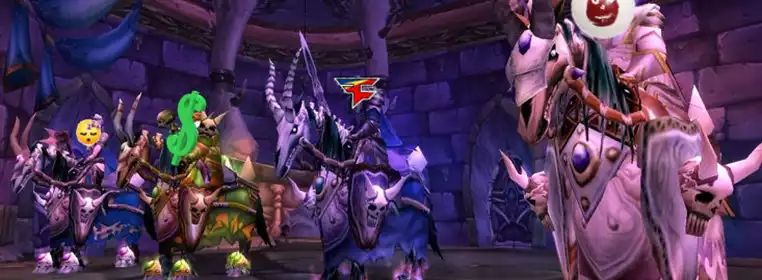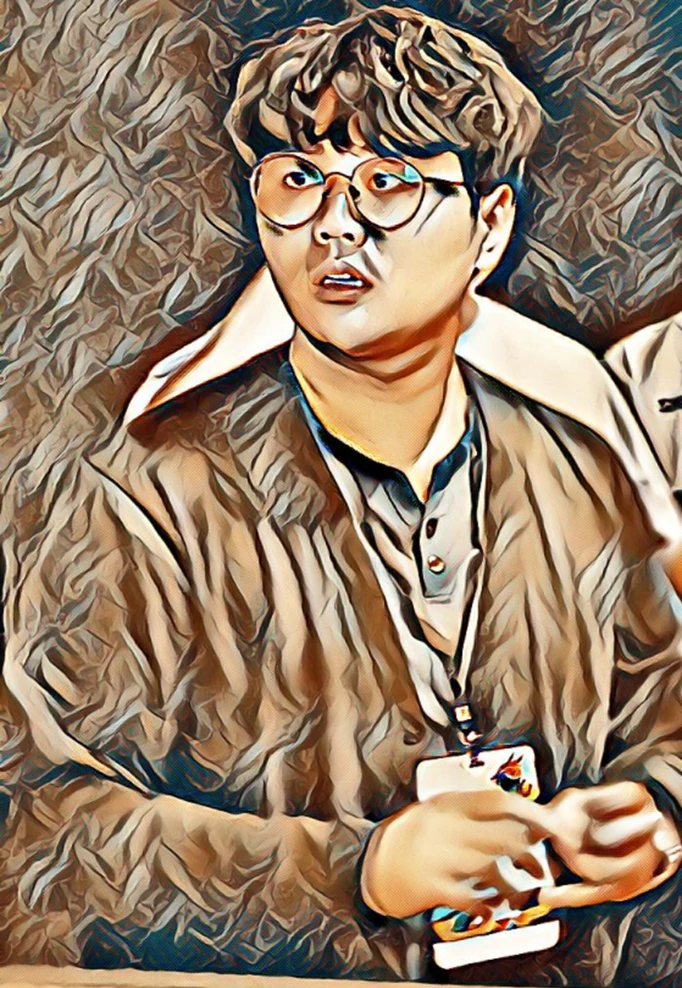The Four-Horsemen Of The Roster-Building Apocalypse

It’s roster-building season, and the four horsemen of the roster apocalypse are riding through the rows of teams, slashing once more. Handicaps so severe that they require angelic forces to combat what is unleashed on the General Managers and Head Coaches during these times, put on them as a quest to prevail through by the owners who themselves have to fight their own dragons.
Okay, perhaps it isn’t quite as severe, but it sounds cooler. Now that we’ve piqued your interest, let’s consider what we all know to be significant, and work towards the ones that have silently been determining off-seasons over the last couple of years.
The first horsemen - Famine rider
Going into an off-season without a war chest is a major disadvantage. While we, of course, don’t have official sources for how much each team spent, the estimations thrown around the League have shown a strong correlation between team budget (consisting of buyouts plus salaries, more on other resources later) and end of regular-season standings and indeed playoff finishes, though more volatility here, of course, leads to more volatility in the outcome.
Resources help you secure key-signings, which in turns assists in getting more top players on board to buy into the vision that high profile players have already implicitly bought into by having signed with the team.
Teams close to the salary soft cap at around 1.5 million have historically done better, than mid or low spending teams though notable exceptions such as the season 1 Uprising or the season 3 LA Valiant exist. However, we should not disregard the other three riders which may strike a front-office down during the pre-season.
The second horsemen - Lonesome rider
While strictly speaking, part of the resources that a team has available to them (as more coaches could be hired for money), an understaffed coaching team may not be able to stem heavy man-power requiring tasks like the logistics of large open trials, and therefore justifies being named as one of the horsemen.
Overwatch has historically been one of the most manpower requiring esports ever, from a perceived sweet spot of four coaches or analysts per team, with a general manager, a team manager, and perhaps a translator being added on top just for the competitive side of things. The only other esports that is comparable in the size of the staff required is League of Legends, perhaps because the scenes share core-similarities in game depth and complexity, amount of players required to play, regularly mixed cultures and languages within a team environment, and soft resets in strategy due to patch changes.
Sifting through vast amounts of applications, setting up scrims, and coordinating invites, evaluating on the fly and more by yourself, starting from scratch is an ungodly task. What’s a one-man team ought to do in the off-season other than craft oneself a Wilson for companionship as more and more of your former staff are struck down by the rider? Depending on the attributes of your existing roster, your players may be able to assist you in scouting and selecting their new teammates, but some managers don’t even have that luxury this season.
An established coaching staff with three to four members in addition to competent management during the off-season is a major benefit that might be able to build you a solid team on a low budget, if it wasn’t for the other two horsemen.

 Click to enlarge
Click to enlargeThe third horsemen - Tardy rider
On several occasions, teams have come into the off-season too late and have found the shelves of top talent as empty as the toilet paper aisle in March, with a bit of inventory left up for auction. Unfortunately, unless the team shares that they’ve been visited by the tardy rider like General Manager of the Los Angeles Gladiators Brenda Suh recently did in an interview with GGRecon, you’re unlikely to hear of it given that roster announcements are delayed enough for the community to be unable to notice it.
Indecisiveness at the upper management or ownership level takes away options from those tasked to build the team. The power of being early to the party is in the leverage of offering hungry rookies certain employment with Sang-min "Myunb0ng" Seo’s case being a poster child of having beaten the tardy horsemen. Myungb0ng in season 3 would’ve almost certainly attracted top tier team attention, having been part of arguably the best GOATs backline in Contenders Korea at the time. A swift and decisive strike dismounted the rider immediately.
One may speculate that the late exhibition event of the Gauntlet in December allows teams to take it slowly this time around, by allowing them to make more well-calculated decisions. However, if you could spot top tier talent before they pop off in the event, it might help ward off the famine rider.
The fourth rider - Branding rider
You may have billionaire money, you may be stacked in your coaching staff, and you might be very early, but if you are limited to a hyper-specific region to built your talent from, it might not be in the cards for you to build a competitive roster, at least immediately.
It’s not an issue per se to be required to also care about the marketing value of your team, rather it’s about being unable to recruit from the entire length of the market by rigid requirements of nationality (unless Korean of course) or Twitter following. You’re unlikely to win a championship if you’re bound to build, for instance, a full French roster, even if you’ve beaten the other three aforementioned bosses.
Beliefs of the viability of non-endemic roster-building strategies due to pre-conceived successful structures from regular sports or other business endeavours creep in and don’t match the talent pool available in the game.
Perhaps the most innocent of the four riders, the reality is that in this scene and increasingly in other esports too, just looking out for your competitive success doesn’t appear to be lucrative enough by itself, with both Overwatch League winning teams reprioritising their budget. The Shock might be in a better position here, being an org that sits in a relatively healthy local market and already have a gaggle of entertaining players with Matthew "super" DeLisi as king clout of Overwatch esports, even though that title certainly also demands monetary recognition. It still holds up that teams without restrictions in which market they can look for talent have a much wider pool to source from, inevitably leading to more competitive outcomes.
And so the riders will gallop through the Overwatch League once more, determining the fates of the franchises before the season has even begun.
Images via Blizzard Entertainment
